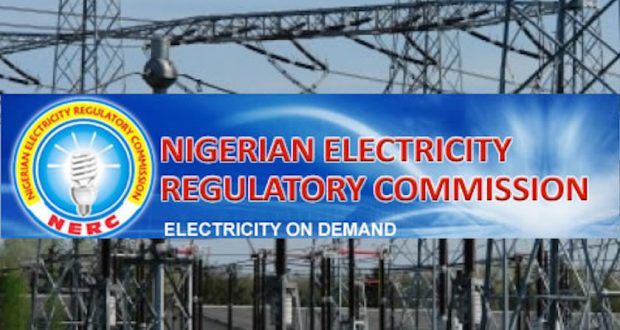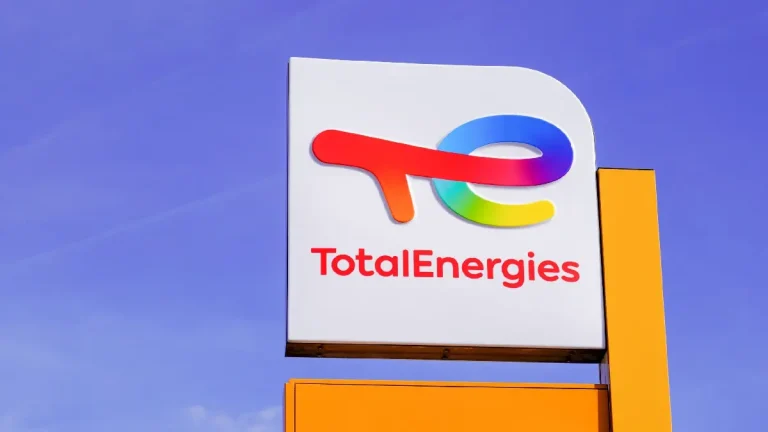
NERC TRANSFERS ELECTRICITY REGULATION TO ENUGU, EKITI, ONDO, AND IMO STATE,ADJUSTS MARKET STRUCTURE
This page is supported by Shell Nigeria. Click here for more information
GREATRIBUNETVNEWS–The Nigerian Electricity Regulatory Commission (NERC) has announced the successful transfer of regulatory oversight of the electricity markets in Enugu, Ekiti, Ondo, and Imo states. With this move, the four states are now fully in charge of regulating their electricity markets.
In a statement released on its official X handle on Monday, the Commission said the transfer was part of a broader plan to decentralize electricity regulation following the enactment of the 2023 Electricity Act. The Act empowers states to manage their electricity markets, a shift from the centralized regulatory model that has been in place since 2013.
“As of January 10, 2025, NERC has commenced the transfer of regulatory oversight to 10 states. Once the transfers are complete, the states will be responsible for regulating their electricity markets,” NERC said. “The transfers have been completed for four states, namely Enugu, Ekiti, Ondo, and Imo, while six states are still in progress.”
The remaining six states—Oyo, Edo, Kogi, Lagos, Ogun, and Niger—are expected to finalize their transfers later this year. Additionally, NERC disclosed that another six states would incorporate their sub-companies in 2025 to further transform the electricity market structure.
The transition has necessitated adjustments to the operations of the electricity distribution companies (Discos) in the affected regions. Pre-existing market structures in Enugu, Benin, and Ibadan Discos have been realigned to accommodate this development.
“This marks a significant milestone in the implementation of the 2023 Electricity Act,” said a spokesperson for NERC. “The decentralization will foster localized solutions, improve efficiency, and enhance accountability in the electricity supply industry.”
The Nigerian electricity market has been historically managed by 11 distribution companies: Abuja, Benin, Enugu, Eko, Ibadan, Ikeja, Kaduna, Kano, Jos, Port Harcourt, and Yola, alongside Aba Power Electric as the 12th operator.
Stakeholders have expressed optimism that the decentralization will drive innovation and improve service delivery. “This is a welcome change,” said an industry analyst. “Empowering states to regulate their electricity markets will bring the much-needed reforms to the sector.”
The transfer underscores Nigeria’s commitment to addressing its energy challenges through a restructured and decentralized electricity market







